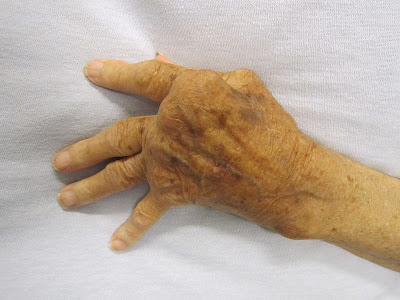This summer spawned the publication of Dr. T. Colin Campbell's latest book
Whole: Rethinking the Science of Nutrition. This was a follow up to his bestseller
The China Study which took the nutrition world by storm back in 2005 and continues to be a leading seller today. Today I provide a book review on
Whole.
Both
The China Study and
Whole paint a picture (and very intriguing one at that) of the health and nutrition world as it's come to exist today. While
The China Study gives more of the intricate details of the individual studies relating to health and nutrition,
Whole focuses on the bigger picture of how it all fits together within our current "system". Dr. Campbell lays out how a reductionist approach to nutrition, health, and medicine functions within our current system, and, more importantly, why the system operates the way it does.
Whole is comprised of three main parts followed by Dr. Campbell's engaging thoughts in Part IV on how we should move forward if we wish to turn around the current disease-care system we've come to know today.
Whole - Part I - Enslaved by The System
 |
| Dr. T. Colin Campbell, Ph.D. |
Part I of
Whole plants a seed in readers to think differently. It reveals a wholistic approach towards our healthcare system as we move forward. The present-day strategies of using pills, procedures, and/or surgeries to combat the epidemic of
chronic disease is, for all intensive purposes, not working. Instead, Dr. Campbell enlightens us on the benefits of a
whole foods, plant-based (WFPB) diet in our quest to end the epidemic of sickness and suffering.
Part I goes on to detail Dr. Campbell's background of how he grew up on a
dairy farm and then made his subsequent entrance into the scientific world as a leading nutritional biochemist looking to rid the world of hunger and malnourishment. The details of his upbringing provide a very telling story with a surprising twist of fate.
Chapter 1 - The Modern-Day Health-Care Myth
Chapter 2 - The Whole Truth
Chapter 3 - My Heretical Path










































